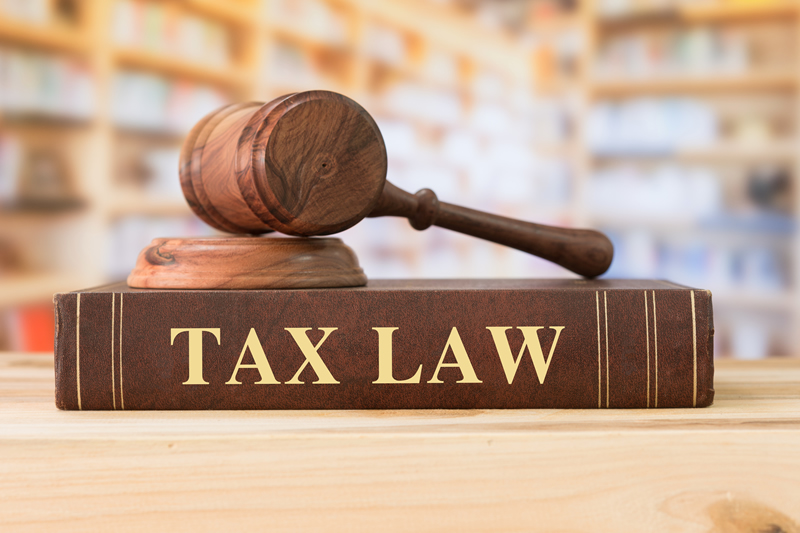Florida state tax controversy involves disputes between taxpayers and the Florida Department of Revenue (FDOR) over various state tax matters. This may include disputes related to sales/us taxes, corporate taxes, and other state-specific taxes and fees.

Florida state tax controversy involves disputes between taxpayers and the Florida Department of Revenue (FDOR) over various state tax matters. This may include disputes related to sales/us taxes, corporate taxes, and other state-specific taxes and fees.
Rules and Statute of Limitations:
The rules and procedures governing Florida state tax controversies are outlined in Florida Statutes and Florida Administrative Code. Taxpayers have the right to contest the FDOR’s tax assessments or denials of refunds through a formal appeals process. The statute of limitations for filing an administrative protest is typically 60 days from the date of the FDOR’s final assessment or denial.
Process of Handling Florida State Tax Controversy:
- Notification and Assessment: The FDOR initiates the process by issuing a tax assessment or denial of refund to the taxpayer. The assessment details the amount of taxes owed, penalties, and interest, if applicable.
- Administrative Protest: Upon receiving the assessment or denial, the taxpayer has 60 days to file an administrative protest with the FDOR. This formal protest presents the taxpayer’s arguments and evidence challenging the FDOR’s position.
- Two Bites at the Apple: After the protest is filed with supporting documentation, the FDOR will issue a Notice of Decision. Should the taxpayer not agree with the findings, the taxpayer will have a small window of time to appeal the Notice of Decision. The appeal will result in a Notice of Reconsideration.
- Formal Hearing: In the event the taxpayer does not find the resolution sought with the Notice of Reconsideration, they may appeal the FDOR’s decision via litigation before the Florida Division of Administrative Hearings (DOAH). An administrative law judge will preside over the hearing and render a recommended decision.
- Final Decision: The FDOR will issue a final decision based on the administrative law judge’s recommendation or, in some cases, independently. If the taxpayer disagrees with the final decision, they may seek further relief through judicial review in the Florida court system.
Examples of Florida State Tax Controversy:
- Disputes over the classification of certain transactions for sales tax purposes.
- Challenges to the FDOR’s determination of assessments from FDOR campaigns or independent audits.
- Disputes related to tax credits or exemptions claimed by taxpayers.
SCHEDULE A LEGAL CONSULTATION
At The Abraha Law Firm, our experienced tax attorneys have an in-depth understanding of Florida state tax laws and regulations. We work diligently to protect our clients’ rights and interests throughout the tax controversy process. Our goal is to achieve favorable resolutions for our clients, whether through negotiation or litigation, and ensure compliance with Florida state tax laws.
Contact us by phone or email to arrange for your confidential consultation with one of our attorneys. We promise to listen to you closely, answer your questions and advise you of your complete range of legal options.
CALL 1 (850) 655-0520

The choice of a lawyer is an important decision and should not be based solely upon advertisements.